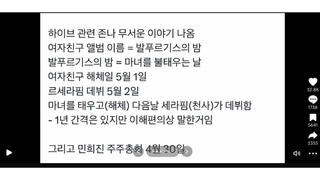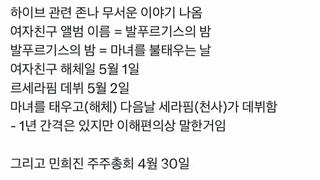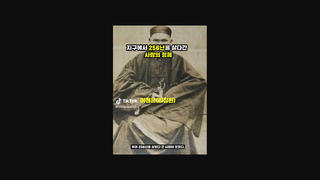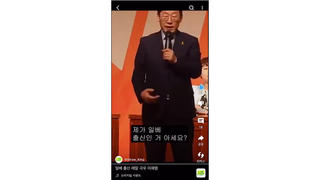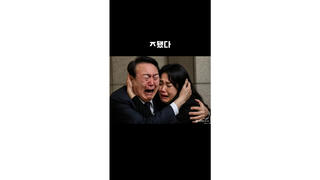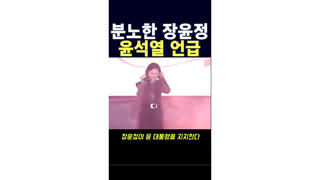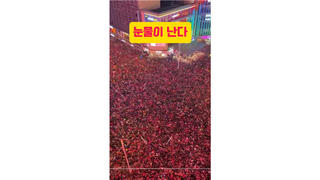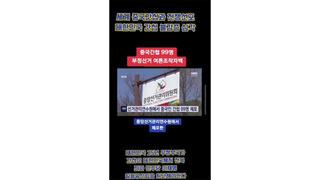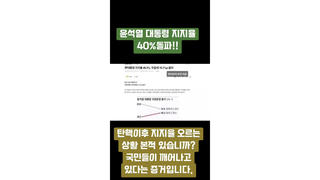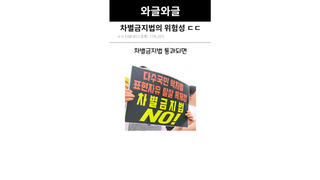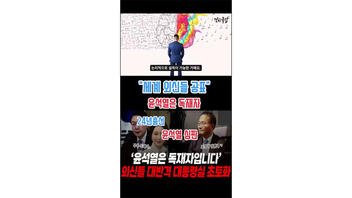
Did "foreign media" announce that South Korean President Yoon Suk Yeol is a dictator, sending the presidential office into turmoil? No, that's not true: The term "foreign media" does not refer to a specific news agency, it is a vague reference to non-Korean media, and there is no evidence that leading non-Korean news agencies have announced or declared that the South Korean President is a dictator. Furthermore, there is no reliable evidence to suggest the office of the presidency is in "turmoil" over a so-called foreign media counterattack against it.
The claim appeared in a TikTok video (archived here) published by @kingmidas7889 on March 10, 2024, with a caption translated into English from Korean by Lead Stories staff that reads:
'Announcement by foreign media'
Yoon Suk Yeol is a dictator.
Foreign media counterattacks and presidential office in turmoil.
This is what the post looked like on TikTok at the time of writing:
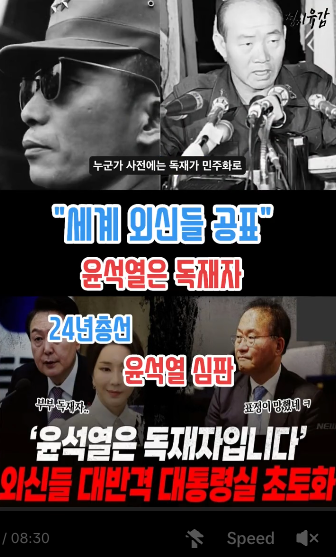
(Source: TikTok screenshot taken on Tue Mar 12 16:09:53 2024 UTC)
There were no results upon searching for the terms "president Yoon" and "dictator" on leading foreign news agencies AP News (archived here), Reuters (archived here), BBC (archived here), and the English language The Korea Times (archived here) on March 14, 2024. One mention of "President Yoon" and "dictator" in foreign media news headlines was from an article by South China Morning Post (archived here) titled, "Yoon's crackdown on South Korea truckers' strike leads to 'dictator' comparisons."
The claim that a foreign media announcement or counterattack has created turmoil inside the presidential office cannot be substantiated by reputable reporting on the Yoon administration and there is no publicly available information to suggest turmoil in his office because of foreign media claims that Yoon is a dictator.
The claim emerged as the Varieties of Democracy (V-Dem) Institute, an independent research institute at the University of Gothenburg in Sweden, published its eighth annual democracy report (archived here) on the state of democracy in 202 countries. The report stated Korea experienced a "downward slope" since President Yoon took office, saying:
Yoon's coercive measures to punish members of the former Moon administration, along with attacks on gender equality, set South Korea to decrease its Liberal Democracy Index (LDI) levels, forming a bell-turn.
The LDI (archived here) is based on voting rights, freedom and fairness of elections, freedoms of association and expression, civil liberties, and executive constraints. It ranges from 0 to 1 (with 0 as "closed autocracies and 1 as "liberal democracies").
V-Dem Institute defined "bell-turn" as "episodes where democratization turns into autocratic rule within a maximum of five years after the end of democratic advances."
The report's statement about Yoon's coercive measures refers to recent events in Korea, during which individuals were dragged out during a graduation ceremony and the National Assembly (archived here). The claim of gender equality attacks (archived here) stems from one of Yoon's campaign pledges to abolish the Ministry of Gender Equality and Family (archived here). The report did not label Yoon's administration a dictatorship.


